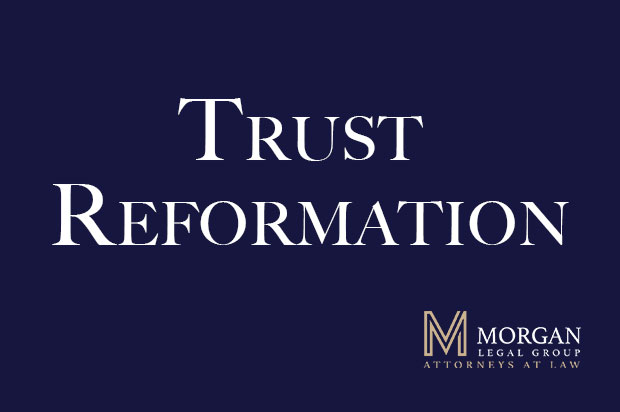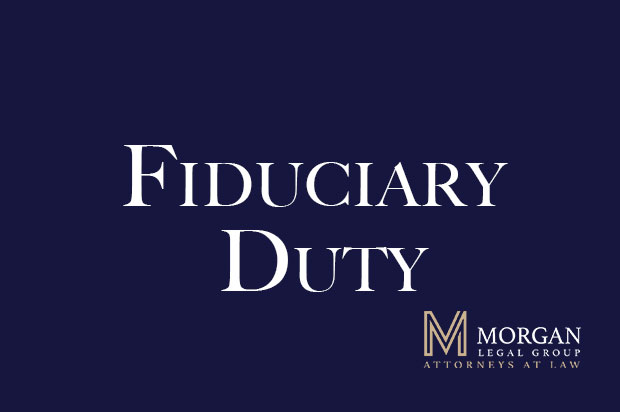Comprehensive Guide to Special Needs Planning in New York
Your Trusted Source for Special Needs Planning in New York City – Morgan Legal Group P.C.
Introduction to Special Needs Planning
Special Needs Planning is crucial to securing the future of individuals with disabilities. It involves creating a comprehensive strategy to ensure their financial stability, access to necessary services, and an enhanced quality of life while preserving eligibility for government benefits.
Understanding Special Needs Trusts (SNTs)
A Special Needs Trust (SNT) is a cornerstone of Special Needs Planning. It’s a legal instrument designed to protect the assets and financial well-being of individuals with disabilities. Here’s what you need to know:
Types of SNTs
There are several types of Special Needs Trusts:
- First-Party SNT: Funded with the disabled individual’s own assets.
- Third-Party SNT: Funded by family members or other third parties for the benefit of the disabled person.
- Pooled SNT: Managed by nonprofit organizations, combining assets for multiple beneficiaries.
Benefits of SNTs
The advantages of establishing an SNT include:
- Preserving Eligibility: Ensures continued access to vital government benefits like Medicaid and Supplemental Security Income (SSI).
- Enhancing Quality of Life: Funds can be used to cover various needs, such as education, medical expenses, housing, and more.
- Asset Protection: Safeguards the individual’s assets from being counted for means-tested benefits.
Creating a Special Needs Plan
Effective Special Needs Planning involves a series of essential steps:
1. Assessment and Goal Setting
Begin by understanding the unique needs and goals of the individual with disabilities. Determine what government benefits they rely on and what additional support they require.
2. Choosing the Right SNT
Select the most appropriate type of Special Needs Trust based on the individual’s circumstances. This decision is critical and should align with the overall plan.
3. Funding the Trust
Identify the source of funds for the trust, whether it’s the disabled person’s assets, contributions from family, or other sources.
4. Drafting the Trust Document
Engage experienced legal professionals, like Morgan Legal Group P.C., to draft a comprehensive trust document that outlines the trust’s purpose, terms, and instructions for the trustee.
5. Appointing a Trustee
Choose a reliable trustee who will manage the trust’s assets and distributions in alignment with the beneficiary’s best interests.
6. Government Benefit Documentation
If applicable, ensure that the necessary documentation proves the beneficiary’s eligibility for government benefits is provided.
7. Ongoing Management
Once the SNT is established, it must be effectively managed to fulfill the beneficiary’s needs while adhering to legal and regulatory requirements.
Morgan Legal Group P.C.: Your Special Needs Planning Partner
Why choose Morgan Legal Group P.C. for your Special Needs Planning needs?
Experience
With years of experience in Special Needs Planning and estate law, we bring a wealth of expertise to each case.
Customized Solutions
We understand that every individual with disabilities is unique. We tailor our services to meet their specific needs and goals.
Legal Compliance
Our legal team stays up-to-date with the latest laws and regulations to ensure your trust is always in compliance.
Comprehensive Support
Our services go beyond trust creation. We offer ongoing guidance and support to trustees, beneficiaries, and families.
Contact Us for Special Needs Planning in New York
If you’re seeking to create a Special Needs Trust in New York, contact Morgan Legal Group P.C. Our knowledgeable attorneys are ready to guide you through the process and help secure a stable future for your loved one with disabilities.
Contact us today to schedule a consultation and take the first step toward securing your loved one’s financial well-being.





















